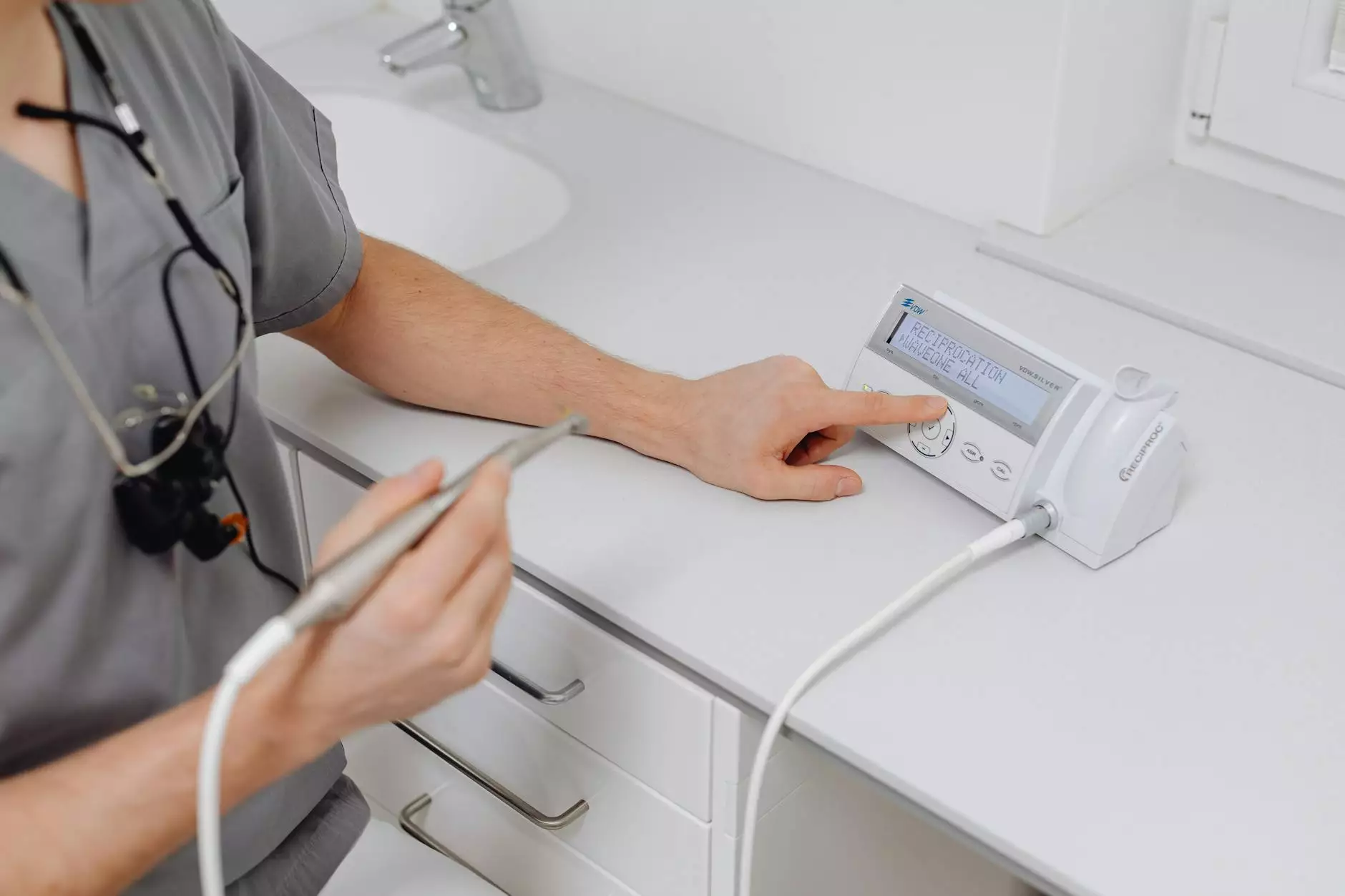The Ultimate Guide to Surgical Instrument Kits: Ensuring Precision in Every Procedure

In the dynamic world of health and medical services, the importance of having the right tools cannot be overstated. Among these tools, the surgical instrument kit is one of the most critical components. In this comprehensive guide, we will explore what surgical instrument kits are, their significance, the types available, how to choose the right kit, and best practices for maintaining these invaluable tools. Let’s delve into the intricacies of surgical instrument kits and discover how they help enhance patient care in various health markets.
Understanding Surgical Instrument Kits
A surgical instrument kit is a collection of specialized tools used during surgical procedures. These kits are designed to facilitate safe and efficient surgeries, allowing healthcare professionals to perform operations with optimal precision. The instruments within these kits can vary based on the type of surgery being performed. However, they generally include basic tools such as:
- Scalpels - For making incisions.
- Scissors - For cutting tissues or sutures.
- Forceps - For grasping or holding tissues.
- Knives - Specialized for specific types of cutting.
- Drapes and sterilization covers - For maintaining a sterile field.
Each of these instruments plays a unique role in the surgical process, and having a fully equipped surgical instrument kit is vital for successful outcomes.
The Significance of Surgical Instrument Kits
With advancements in medical supplies and technologies, the role of surgical instrument kits in patient outcomes has gained more significance. Properly assembled kits ensure that surgeons have immediate access to essential tools, minimizing the time for procedures and reducing potential complications. Key reasons for the importance of surgical instrument kits include:
1. Enhancing Surgical Efficiency
Time is of the essence during surgical procedures. A well-organized surgical instrument kit allows surgeons and their teams to focus on the task rather than searching for tools. This efficiency can lead to faster recovery times for patients.
2. Ensuring Patient Safety
Using sterile instruments is vital in preventing infections. Companies like New-Med Instruments ensure their kits are properly sterilized and packaged to maintain the cleanliness that is paramount in medical environments.
3. Standardizing Procedures
Consistency in surgical procedures can be achieved through standardized surgical instrument kits. This allows healthcare teams to be familiar with the tools at their disposal, ultimately enhancing training and execution.
Types of Surgical Instrument Kits
Surgical instrument kits come in various configurations to address different specialties and procedures. Understanding these types can help healthcare providers choose the right kit tailored to their needs. Common types of surgical kits include:
1. General Surgery Kits
These kits are the most versatile, containing a broad array of instruments suitable for various surgical procedures. They typically include:
- Scalpels
- Needle holders
- Clamp forceps
2. Orthopedic Surgery Kits
Designed specifically for orthopedic procedures, these kits may include:
- Bone saws
- Bone chisels
- Reduction clamps
3. Plastic Surgery Kits
These kits generally contain delicate instruments like:
- Jeweler's forceps
- Micro scalpels
- Scissors for fine dissection
How to Choose the Right Surgical Instrument Kit
Choosing the correct surgical instrument kit can be daunting. However, by following specific criteria, healthcare practitioners can make an informed decision:
1. Assessing Surgical Procedures
Consider the types of surgeries most commonly performed. Understanding these needs will guide you in selecting a kit that offers the necessary tools.
2. Quality of Instruments
Select kits made from high-quality stainless steel or other rust-resistant materials. Quality instruments ensure longevity and accuracy.
3. Sterilization and Packaging
Ensure the instruments come with proper sterilization certifications. Like those from New-Med Instruments, reputable suppliers prioritize cleanliness.
Assembling Your Own Surgical Instrument Kit
In some cases, hospitals or clinics may require customized kits that are tailored to specific surgical needs. Here are steps to create a personalized surgical instrument kit:
1. Identify Required Instruments
Determine the types of surgeries performed and select instruments based on these procedures.
2. Source from Reputable Suppliers
Work with established suppliers like New-Med Instruments to acquire instruments that meet industry standards.
3. Regular Inventory Checks
Perform routine checks to ensure all instruments are accounted for and in good working condition.
Maintaining Your Surgical Instrument Kit
Maintenance is key to extending the life of surgical instruments and ensuring they perform at their best. Key maintenance practices include:
1. Cleaning After Use
Instruments should be washed and sterilized immediately after use to prevent contaminants.
2. Proper Storage
Store instruments in a clean, dry environment to avoid rust and damage.
3. Regular Inspections
Conduct routine inspections to detect any wear or functionality issues before they become critical.
The Future of Surgical Instrument Kits
As technology evolves, the future of surgical instrument kits is set to see remarkable advancements. Innovations such as:
- Smart Instruments - Tools equipped with sensors to provide real-time feedback to surgeons.
- Robotics - Enhancements that allow for minimally invasive surgeries.
- Sustainability - Development of eco-friendly materials and processes for production and sterilization.
These advancements will undoubtedly change the landscape of surgical procedures, enhancing precision and outcomes for patients worldwide.
Conclusion
The surgical instrument kit is a cornerstone of modern surgical practices, allowing healthcare professionals to perform their duties with confidence and precision. Understanding the types of kits available, how to choose the right one, and proper maintenance techniques is essential for improving surgical outcomes and patient safety. As the medical field progresses, staying informed about the latest advancements will ensure that surgical teams are well-equipped to meet the challenges of today and tomorrow.
For high-quality surgical instrument kits that meet rigorous standards, consider exploring the offerings at New-Med Instruments. With a commitment to excellence, they provide healthcare professionals with the tools they need to excel in their practice.









